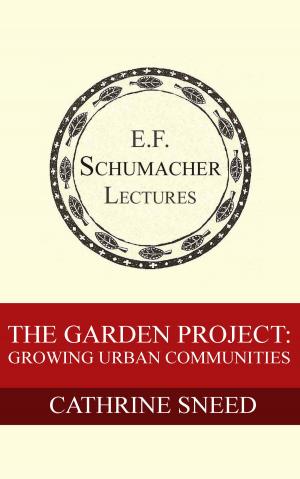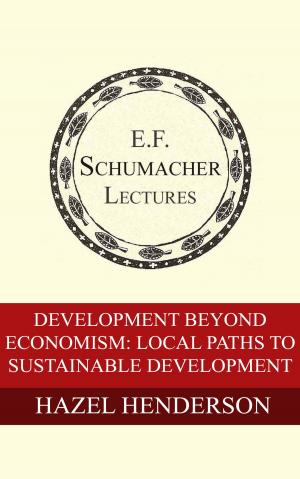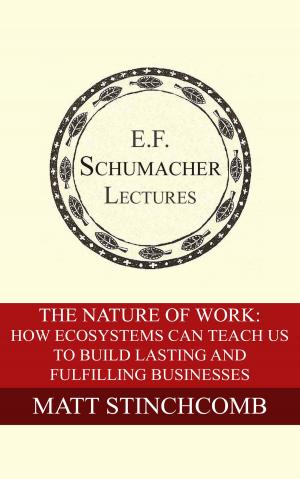The City and the Farm Crisis
Nonfiction, Science & Nature, Technology, Agriculture & Animal Husbandry, Social & Cultural Studies, Social Science, Sociology| Author: | Wendell Berry, Hildegarde Hannum | ISBN: | 1230003233528 |
| Publisher: | Schumacher Center for a New Economics | Publication: | May 16, 2019 |
| Imprint: | Language: | English |
| Author: | Wendell Berry, Hildegarde Hannum |
| ISBN: | 1230003233528 |
| Publisher: | Schumacher Center for a New Economics |
| Publication: | May 16, 2019 |
| Imprint: | |
| Language: | English |
The collection of lectures and publications from the Schumacher Center for a New Economics represents some of the foremost voices on a new economics.
All of us together—city people and country people—have to eat. The most significant aspect of the agricultural crisis, Wendell Berry argues, is that we rely on others, namely large-scale farmers, to produce food and carry out land stewardship on our behalf. He believes that it’s dangerous to depend upon the industries that are involved between the grower and the eater of food, such as the transport and chemical industries. If we have to use the land, he says, we have to use it well; we have to use it lovingly. More small-scale farmers are needed who will stay in one place and learn to care for the land and respect its limits, then pass along that knowledge to the next generation. By joining together as producers and consumers, we can support local farmers and protect them from being washed away by bankruptcy. Berry praises the Schumacherian ideal of local independence built on local resources. He believes that nothing could be more hopeful than the idea of a healthy local food economy.
The collection of lectures and publications from the Schumacher Center for a New Economics represents some of the foremost voices on a new economics.
All of us together—city people and country people—have to eat. The most significant aspect of the agricultural crisis, Wendell Berry argues, is that we rely on others, namely large-scale farmers, to produce food and carry out land stewardship on our behalf. He believes that it’s dangerous to depend upon the industries that are involved between the grower and the eater of food, such as the transport and chemical industries. If we have to use the land, he says, we have to use it well; we have to use it lovingly. More small-scale farmers are needed who will stay in one place and learn to care for the land and respect its limits, then pass along that knowledge to the next generation. By joining together as producers and consumers, we can support local farmers and protect them from being washed away by bankruptcy. Berry praises the Schumacherian ideal of local independence built on local resources. He believes that nothing could be more hopeful than the idea of a healthy local food economy.















